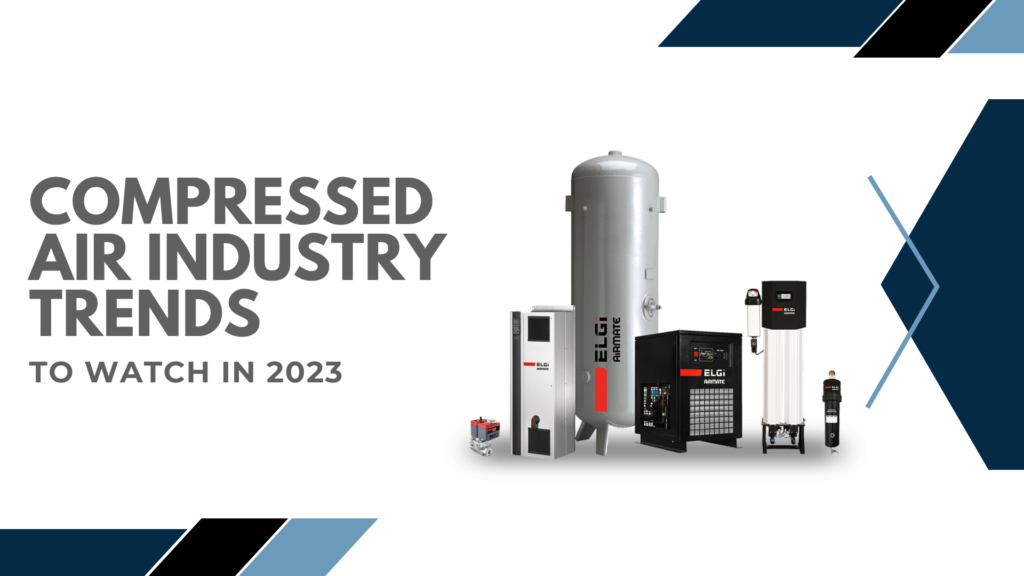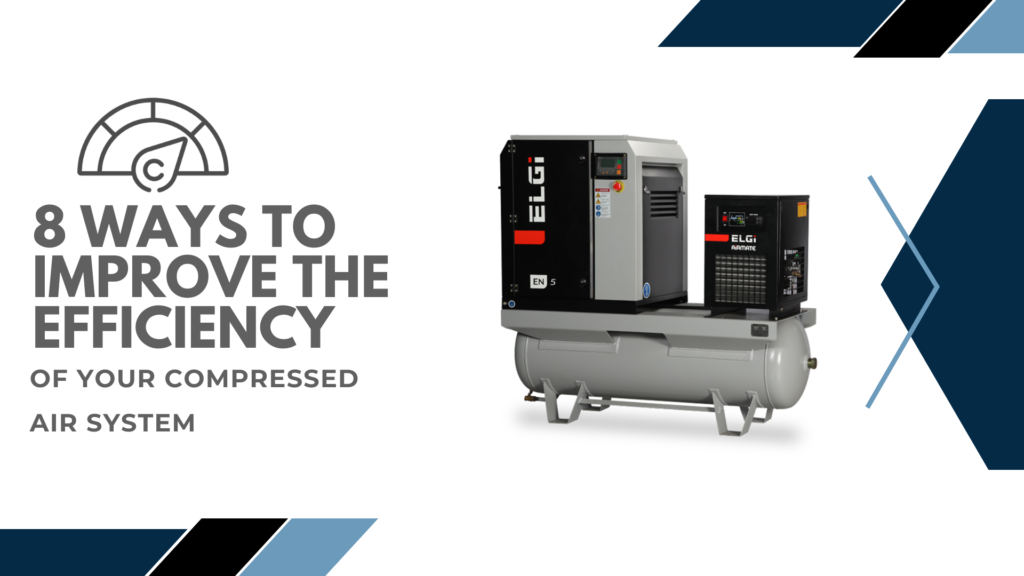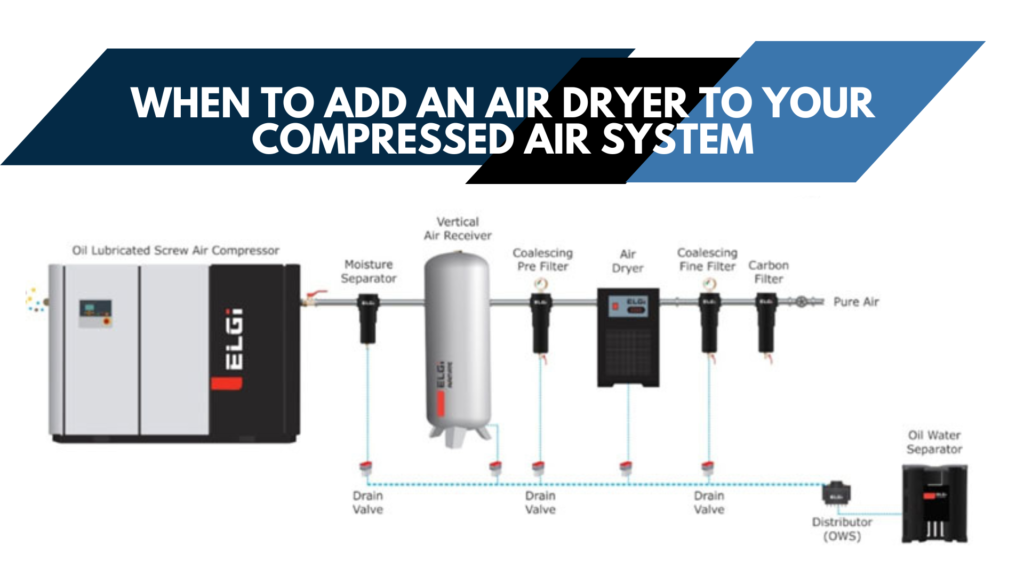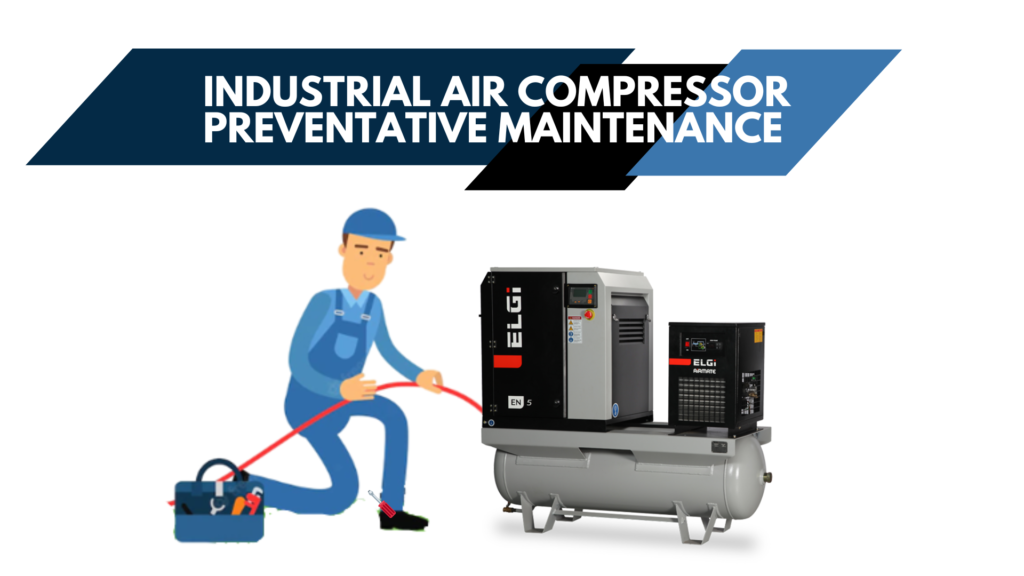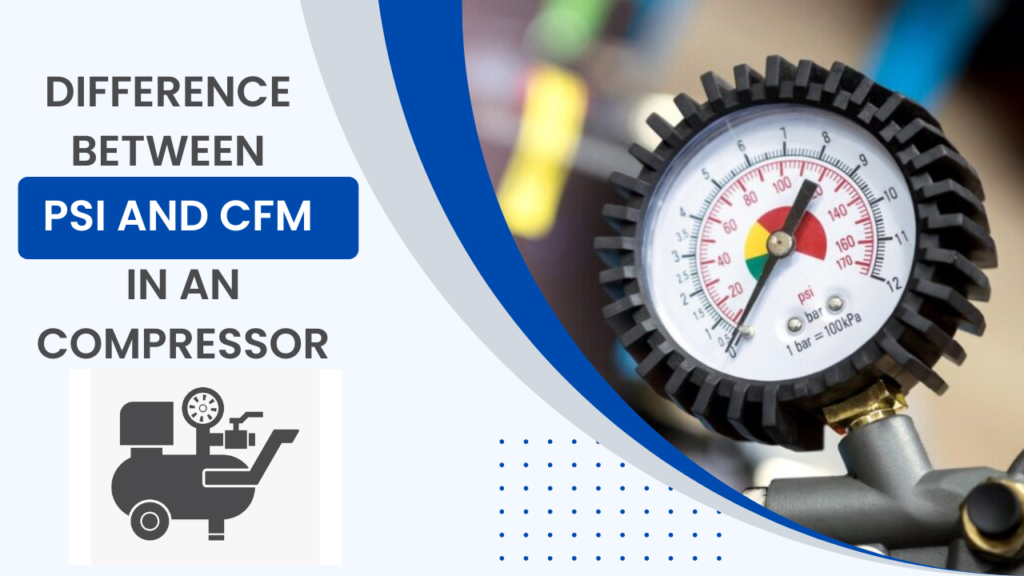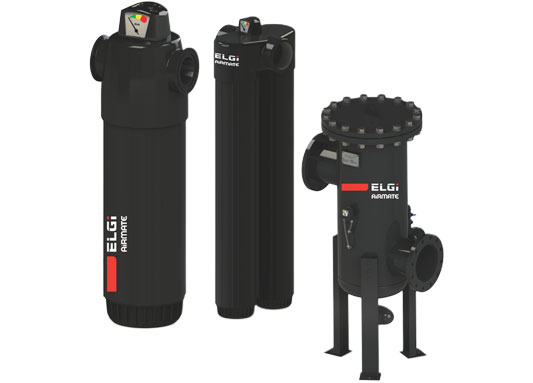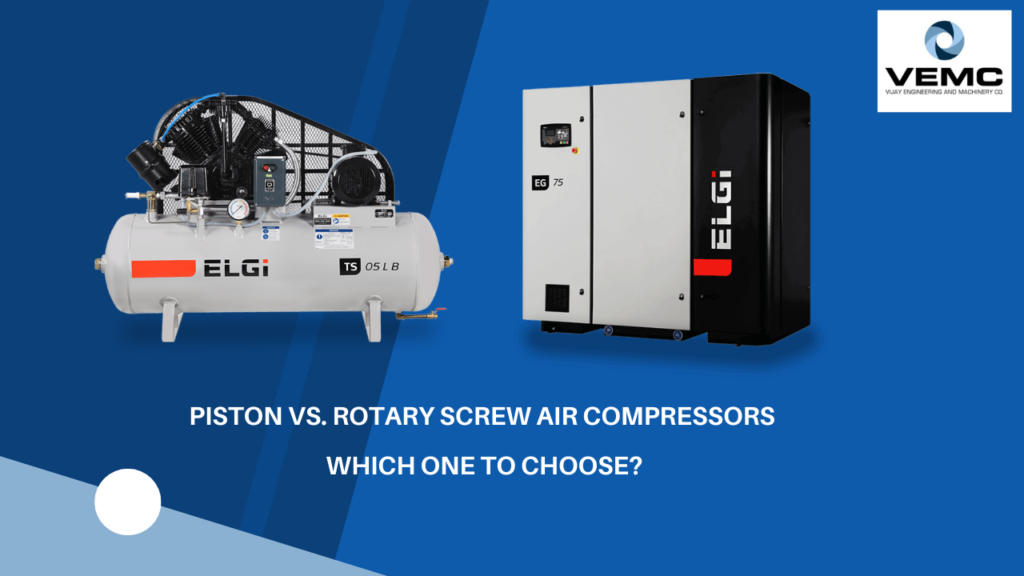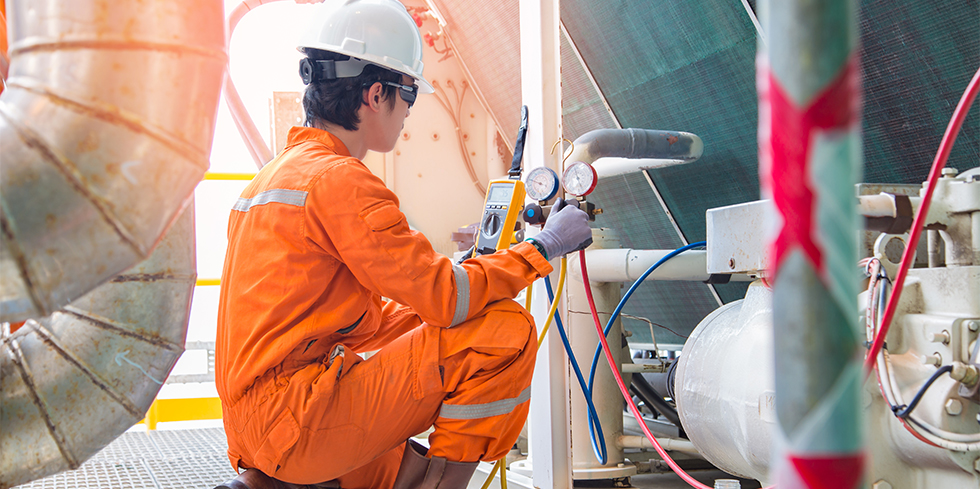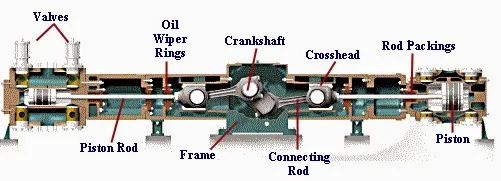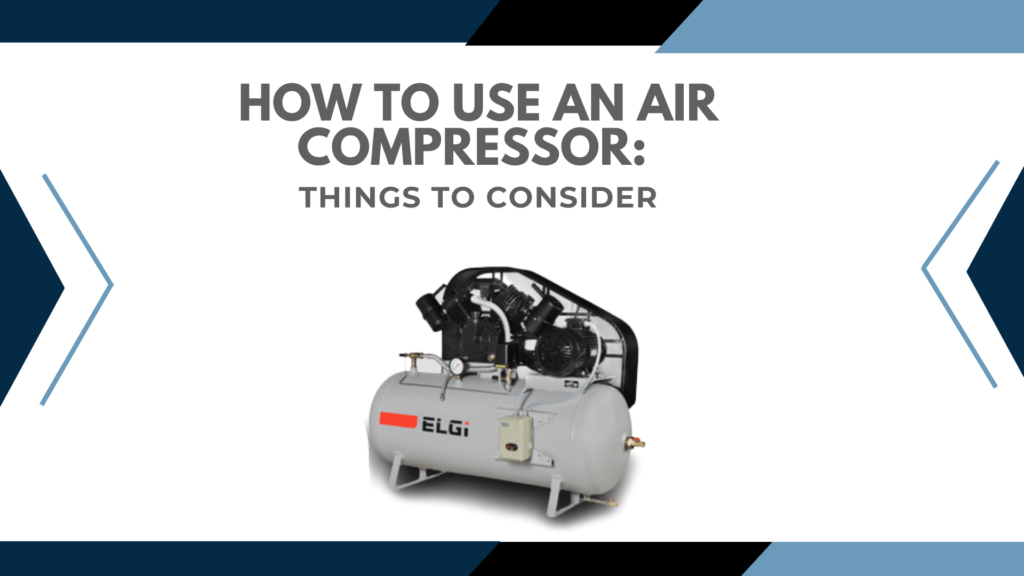
Air compressors are used for a variety of applications across industries. This is because of the enormous amount of power that compressed air generates. Compressed air when focused and channelised in the proper way can be used to accomplish tasks like cleaning, drilling, pumping etc. in an effective and efficient way. VEMC is the leading air compressor dealer in Mumbai and in this blog, we explain how best to use your air compressor.
Picking The Right Compressor For Your Needs:
It all begins with selecting the right compressor for your business operations. For instance, if you are using the compressor simply for cleaning tasks, a portable compressor without a tank will fully suffice. In case you wish to perform heavy-duty tasks, this obviously won’t be enough and you may have to look for a more powerful compressor. Likewise, you may also want to check out whether the reciprocating or rotary air compressor is better suited for your tasks. A quick call or visit to VEMC –– the authorised Elgi Air Compressor Dealers in Mumbai can help you choose better!
- Getting started
Find the ideal position for your compressor. Make sure the floor is sturdy and can resist the load and vibrations from the compressor while it is at work.
- Oil And Air Intake
Make sure the compressor has enough oil. Manually remove the oil cap and add the oil if it isn’t up to the specified mark. An adequate amount of oil keeps the compressor parts in good health by avoiding unnecessary friction.
Next, turn the switch on and fill the air tank. This should also get the PSI needle going. Set the PSI that you will be needing for the operation. Make sure the drain valve is tightly closed. Your nearest compressor dealer in Mumbai can definitely help you with these manual nitty-gritties.
- Moisture And Drainage
Moisture can speed up the process of rusting and corrosion, thus affecting the working life of your compressor. This naturally has implications for your maintenance, repair and replacement costs. Besides, moisture can also encourage the growth of microbes and cause spoilage of food or other sensitive inventory. Regular drainage of moisture is therefore necessary. This might call for some help from your nearest ELGi Air Compressor Dealers in Mumbai, but in most models, the drain valve is located at the bottom of the tank.
- Power
Connect the air compressor to a three-pin power source. For your personal safety and to avoid damage to equipment due to high voltage, always make sure your compressor is grounded. As much as possible, avoid using extension cords and instead use an additional air hose to increase your reach. This is because extension cords can cause your compressor to overheat.
- Meeting All Safety Regulations
Use goggles and closed-toe shoes to protect your eyes and feet from impact while using an air compressor. To ensure the safety valve is functioning properly, test it by tugging on it before use and listening to the air escaping.
Conclusion
To know more about how to make the best use of your ELGi reciprocating compressor while ensuring safety and efficiency, call us on 022 43436655 or email us at marketing@vemc.co.in. We at VEMC are the leading air compressor dealers in Mumbai.



